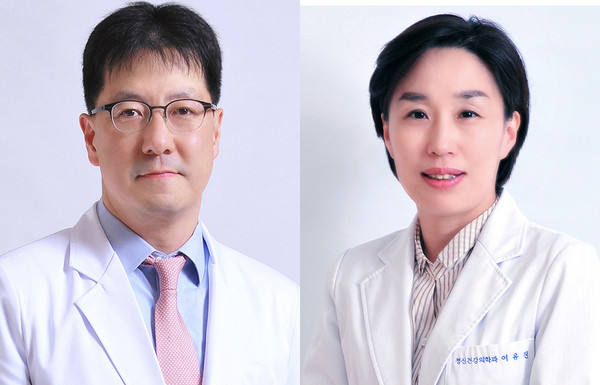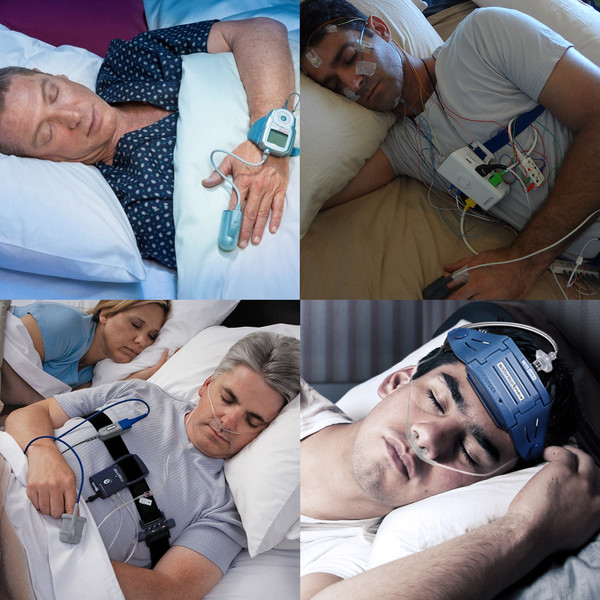The Seoul National University Hospital said Wednesday that sleep apnea patients need to consider conducting self-checks of their conditions at home amid the prolonged Covid-19 pandemic.
“In Covid-19, people are hesitant to take polysomnography (PSG) that makes patients sleep outside the home to monitor signs of obstructive sleep apnea syndrome (OSA),” the hospital said in a news release. “Therefore, people with OSA need to try home tests of their conditions.”

Obstructive sleep apnea disturbs the sound sleep of patients and their neighbors. Snoring is a common symptom. If this symptom gets severe, one can hold his or her breath for more than 10 seconds during sleep. Such symptoms can be diagnosed as OSA. For precise diagnosis and treatment, polysomnography (PSG) is needed, it said.
For accurate diagnosis of OSA and sleep disorders, the patient is placed in a comfortable bedroom-like test room wearing sensors that measure various bio-signals during sleep for a night. PSG analyzes the phase of sleep, and apnea, hypopnea, and movement in sleep by collecting information on multiple bio-signals like brainwave, stability, electromyogram, breath, electrocardiogram, and oxygen saturation. Using PSG, diagnosis on sleep disorder can be made to recommend drug treatment, continuous positive airway pressure (CPAP) therapy, and others.
Since July 2018, PSG began to receive health insurance benefits in Korea, sharply reducing the costs for individuals, increasing the PSG number by three to five times, and extending the waiting period by three to six months.
In some countries, Home Sleep Apneas Test is used by the public to check sleep disorders. Following the instructions given by the hospital, the check-up data attained through the simple use of the device is submitted to the hospital for analysis. It shortens PSG delays and has the advantage of providing a comfortable testing environment of the home.
The accuracy of at-home PSG can be lower than PSG by experts monitoring. The American Academy of Sleep Medicine does not recommend the use of the home test to obstructive sleep apnea patients with moderate to severe symptoms or has accompanying diseases like cardiovascular disease, a neuromuscular disorder that deteriorates respiratory muscles, hypoventilation syndrome, taking narcotic drugs, medical history of cerebral infarction and severe insomnia.

Professor Kim Hyun-jik of the Department of published the clinical research findings on Watch- PAT (Peripheral Arterial Tonometry) in 2014. Watch- PAT is one of the home sleep apneas testing devices. It is a portable device worn on the wrist of patients. Measuring the vasoconstriction of the fingers, it collects bio-signals like apnea, hypopnea, oxygen saturation, and sleeping hours.
“Both PSG and home sleep apneas test were performed on 35 OSA patients. Many parts of the result showed clinical accordance. Especially for OSA patients with severe symptoms, the accuracy of the home test increased,” Professor Kim said.
Professor Lee Yu-jin of the Department of Neuropsychiatry also said, “Amid the spread of Covid-19, a patient may feel hesitant to have PSG perform at hospitals. If one has clear symptoms of OSA and is comparatively healthy, at-home test for OSA can be an option.”
However, health insurance benefit on continuous positive airway pressure (CPAP) therapy is only guaranteed for those diagnosed with OSA through PSG at hospitals. It is time for a systematic supplementation on the matter, the hospital added.

